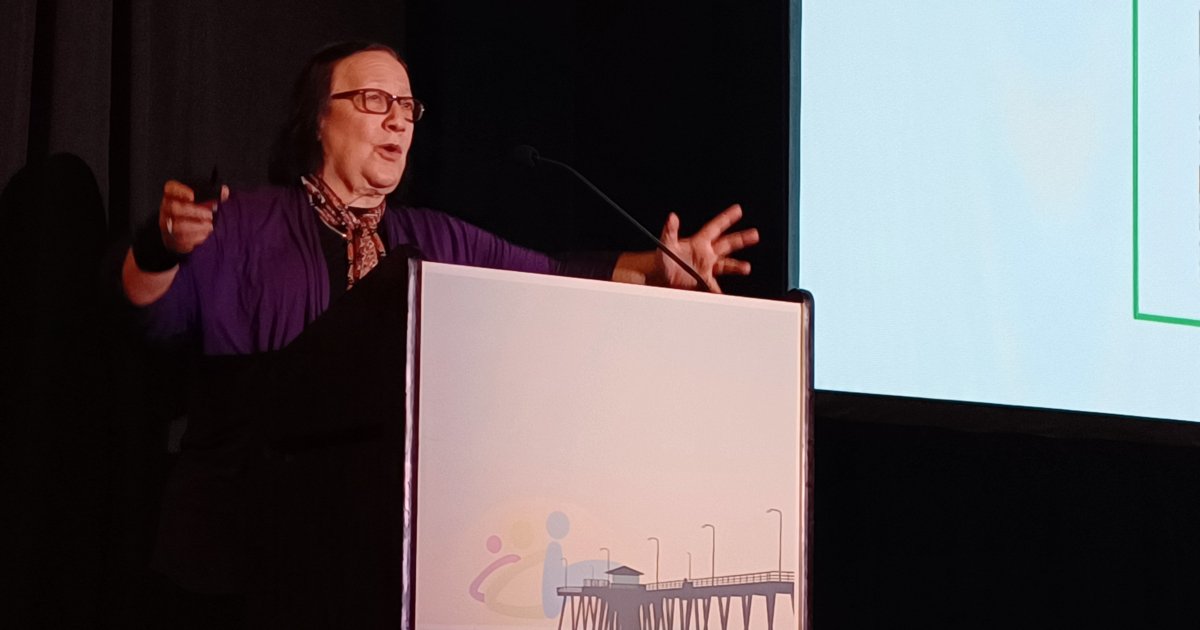September 18, 2025
2 min read
Key takeaways:
- The ACIP recommended against administering the MMRV combo vaccine to children aged younger than 4 years.
- They postponed an anticipated vote on the hepatitis B birth dose until Friday.
CDC vaccine advisors voted Thursday to remove a longstanding federal recommendation that allowed young children to get a vaccine that combines protection against measles, mumps, rubella and varicella.
The Advisory Committee on Immunization Practices voted 8-3 — with one abstention — to recommend against the MMRV vaccine as an option for children aged younger than 4 years, saying children should receive separate MMR and varicella vaccines. Children typically receive their first dose of measles-containing vaccine starting at age 12 months.

The ACIP voted to change a longstanding recommendation for the MMRV vaccine. Image: Adobe Stock.
The ACIP did not get to an anticipated vote on hepatitis B vaccination at birth because of a procedural issue.
The change to the recommendation to for the combined MMRV vaccine — which only 15% of children receive for their first dose — means it will no longer be required by law to be covered by private insurers.
However, in an unusual sequence for an ACIP meeting, the committee then voted almost unanimously to continue coverage for the MMRV vaccine through the Vaccines for Children (VFC) program, which pays for vaccines for children whose families are unable to pay for them.
The argument against recommending the MMRV vaccine for younger children was safety data showing an increased risk for febrile seizures associated with the vaccine — the same data the ACIP evaluated in 2009 when it updated recommendations to prefer separate shots for babies’ first dose but allowing the combined shot if parents preferred it. This risk has not been seen in older children, so most children in the U.S. receive the combined vaccine for their second dose.
As it did in June, the American Academy of Pediatrics abstained from participating in the ACIP meeting, but AAP President Susan Kressly, MD, FAAP, reaffirmed the organization’s recommendations for the MMRV vaccine, saying it should remain an option for families for both doses. Amid new vaccine restrictions at the federal level, the AAP, long has said it will begin making its own vaccine recommendations after being harmonized with the CDC for decades.
The committee spent a large part of the afternoon discussing the hepatitis B birth dose, but ACIP Chair Martin Kulldorff, PhD, postponed the vote until Friday, citing a “discrepancy” in questions. It was not immediately clear what the discrepancy was, or to which questions Kulldorff was referring. A question regarding VFC coverage was never shown.
The CDC currently recommends that all newborns receive the first dose of HBV vaccine within 24 hours of birth to prevent perinatal transmission. The second dose is recommended between ages 1 to 2 months, and the third dose should be administered between ages 6 to 18 months, according to the CDC vaccine schedule.
The ACIP is considering delaying the birth dose until age 1 month for infants whose mothers test negative. The committee also proposed voting on a recommendation that says all pregnant women should be tested for HBV, which is something that is already recommended by the CDC and other groups. The ACIP does not historically make recommendations on testing.
Throughout the meeting, liaisons for medical associations repeatedly asked why the committee was revisiting vaccines recommendations without new safety data, which would typically be a reason to reassess a recommendation like the one for the HBV birth dose.
“The signal prompting this is not one of safety, but one of trust,” new ACIP member Kirk Milhoan, MD, PhD, medical director of For Hearts and Souls in Kihei, Hawaii, responded. “It is because parents are uncomfortable with this procedure being performed at birth in a rather unilateral fashion without significant informed consent.”
Kevin A. Ault, MD, FACOG, FIDSA, chair of the department of obstetrics and gynecology at Western Michigan University Homer Stryker MD School of Medicine and former member of the ACIP from 2018 to 2022, said the meeting felt rushed. Many of the materials for the meeting were not available until the day before.
Ault also pointed out that the committee skipped the usual Evidence to Recommendations Framework that typically accompany ACIP recommendations and include input from CDC staff, medical organizations like the AAP and data about how parents and stakeholders feel about the changes.
When he participated in the hepatitis working group to evaluate adult vaccine recommendations, Ault said it took more than a year and multiple meetings with CDC staff and health care representatives to establish the recommendations.
“My concern is this ‘gotcha’ mentality, that we are going to present something on Friday afternoon that is going to affect the vaccine availability for tens of millions of Americans without any input from Americans or from health care providers,” he told Healio in an interview.
Since the ACIP last met in June, HHS Secretary Robert F. Kennedy Jr. has added five more people to the committee, bringing the total number of members to 12, including many who have been critical of vaccines or vaccine mandates in some way.
The Trump administration last month fired CDC Director Susan Monarez, PhD. Until a new director is selected and confirmed, deputy HHS secretary Jim O’Neill is serving as acting director and will make the final decision on ACIP vaccine recommendations.
The committee meets again on Friday to vote on the HBV birth dose and to discuss recommendations for this season’s COVID-19 vaccines.
For more on this week’s meeting, read our preview.
References:
For more information:
Kevin A. Ault, MD, FACOG, FIDSA, can be reached at pediatrics@healio.com.










